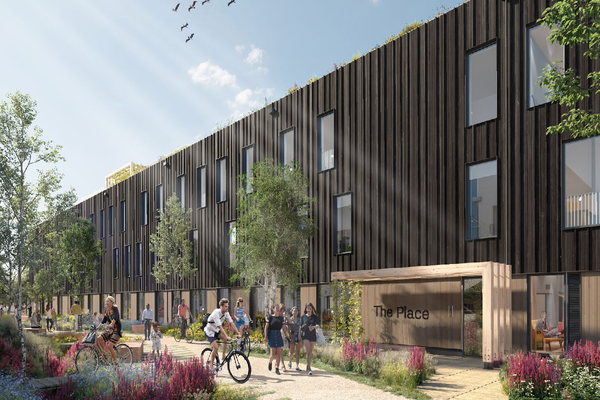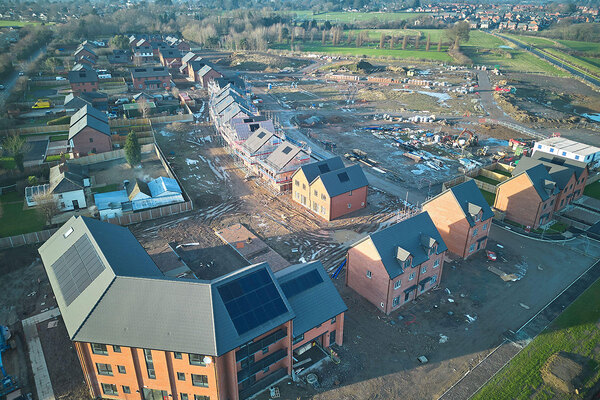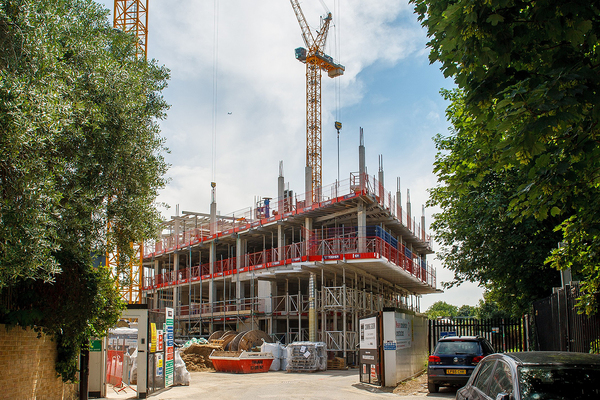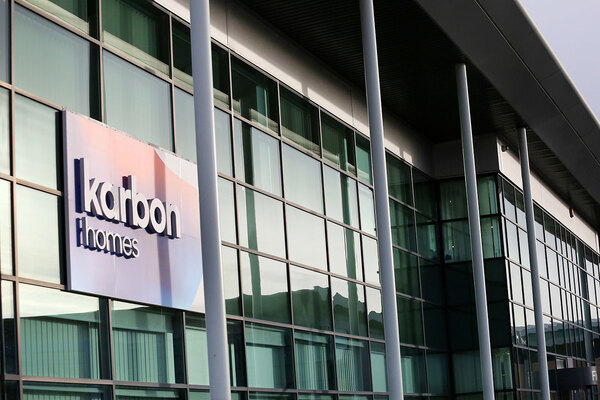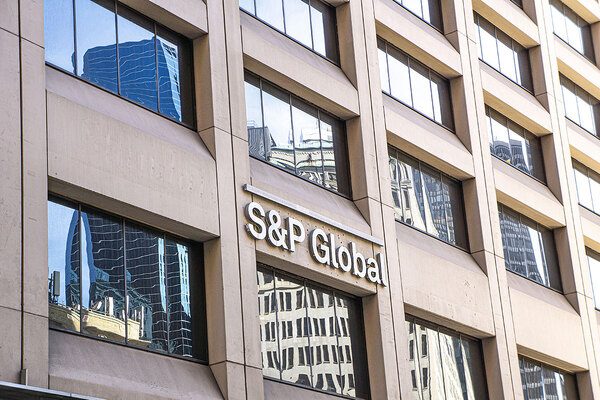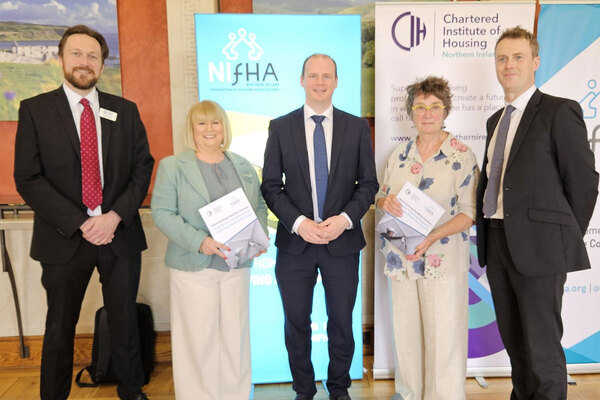Half-year development spending dips at West Yorkshire landlord as surplus falls by 34%
Shipley-based landlord Incommunities spent almost a third less on development year on year, while reporting a 34% drop in its surplus, according to its latest half-year results.
Incommunities posted a year-to-date spend of £15.4m on development, compared to £22.7m in the previous period.
The landlord, which manages more than 22,000 homes, plans to invest £49.5m in its development programme and deliver 248 new homes throughout 2024-25.
Its net surplus also fell from £8.6m to £5.7m, although the landlord said this was ahead of its budgeted £4.2m.
The result was driven by lower interest costs after refinancing, as well as lower bad debt costs, lower salary costs and increased surplus from property sales.
Incommunities said it had increased the tenor of its existing debt as well as securing an extra £100m in revolving credit facility funding and negotiating an EBITDA-only covenant.
The landlord’s turnover grew year on year, rising from £54.2m to £61.4m and boosted by an 8.7% uptick in income from rent and service charges.
Investment in existing stock decreased year on year, falling from £12m to £8.4m.
Over the full year, the landlord said it plans to invest £3.8m in damp and mould and added that addressing the issue was a “big focus”.
“We have been able to reduce cases [of damp and mould] from 30% of our properties to 3%; work is ongoing to reduce this further,” it said.
“We are undertaking surveys to understand the condition of all our homes and the insight this gives will allow us to formulate rigorous investment plans, including delivery of our sustainability ambition.”
Incommunities has a G1/V1 rating for governance and financial viability from the English regulator, after having its governance rating upgraded from G2 in September last year.
Its upgrade meant the landlord is “cautiously optimistic” for 2025 and will “focus on maintaining and improving existing housing stock while navigating financial and regulatory challenges”.
The landlord agreed a £110m loan from NatWest in October last year and £50m in funding from Dutch bank ABN AMRO.
Sign up for our development and finance newsletter
Already have an account? Click here to manage your newsletters

